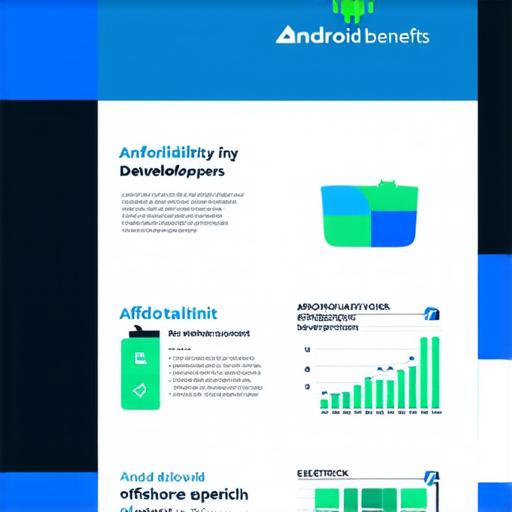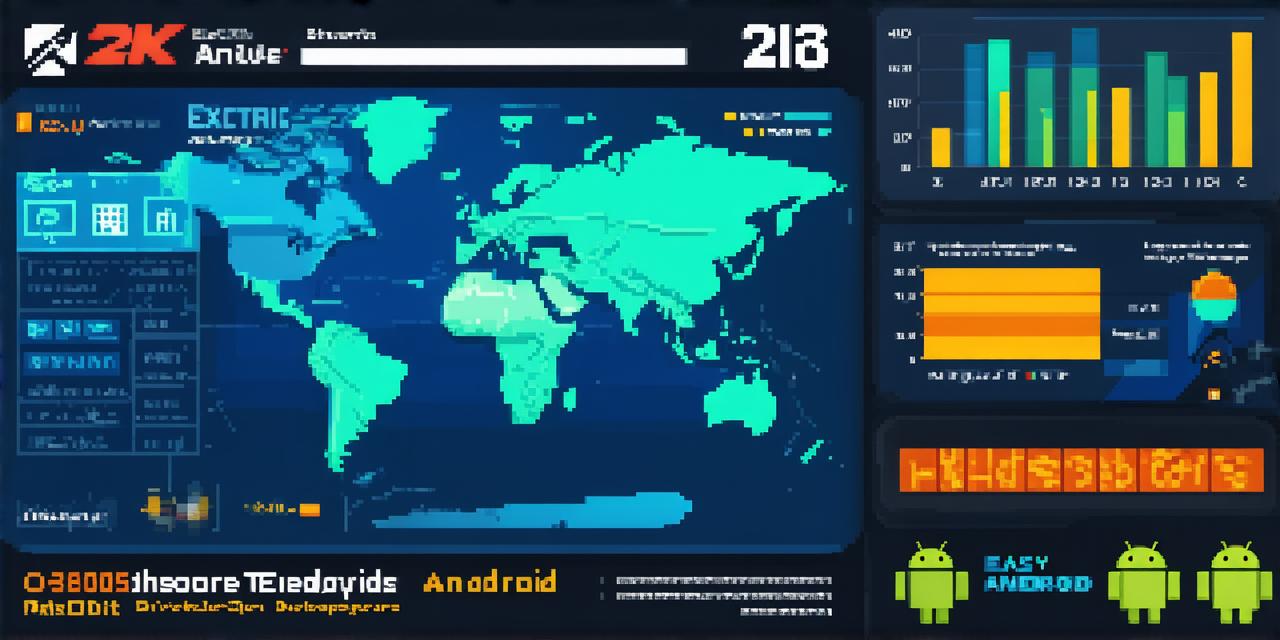In today’s fast-paced digital world, mobile applications are becoming an essential tool for businesses to connect with their customers and improve their operations. With the increasing demand for Android apps, companies are looking for ways to tap into a global pool of tech talent and develop high-quality apps at a lower cost. Offshore app development has emerged as a popular option that allows companies to leverage the skills and expertise of developers from different parts of the world, without breaking the bank.
Benefits of Offshore Android Application Development
One of the primary reasons why companies choose offshore app development is to save on costs. Developers in different parts of the world charge differently, and some countries have lower labor costs than others. By working with developers from these countries, companies can save on wages and other associated expenses.

Access to Talent
Offshore app development also provides companies with access to a global pool of talent. Developers from different countries have varying levels of expertise and skill sets. By working with offshore developers, companies can find developers who specialize in specific areas such as UI/UX design, backend development, or frontend development. This allows companies to build apps that are tailored to their specific needs and requirements.
Time Difference
Offshore app development also allows companies to take advantage of the time difference between different countries. Developers from some countries work 24/7, which means that companies can have their apps developed around the clock. This can be especially useful for companies that have tight deadlines or need to launch their app quickly.
Flexibility
Offshore app development also provides companies with flexibility when it comes to project management. Developers from different countries may have different working styles and preferences, which means that companies can choose the best approach for their project. For example, some developers may prefer to work in an agile environment, while others may prefer a more traditional waterfall approach.

Real-Life Examples of Offshore Android Application Development
Uber is one of the most successful startups in the world and has been at the forefront of using offshore app development to build its apps. The company’s founders, Travis Kalanick and Garrett Camp, recognized the potential of offshore talent early on and decided to hire developers from India and Eastern Europe. This allowed the company to build its apps quickly and cost-effectively, which helped it to gain a foothold in the market.
Airbnb is another example of a company that has successfully used offshore app development to build its app. The company was founded by Joe Gebbia, Brian Chesky, and Nathan Blecharczyk, who recognized the potential of offshore talent early on. They hired developers from India and Eastern Europe to help build their app, which allowed them to launch the app quickly and cost-effectively.
Flipkart is an Indian e-commerce platform that was founded in 2007 by Sachin Bansal and Binny Bansal. The company has been successful in building its app using offshore talent, particularly developers from the United States and Israel. This allowed the company to build a high-quality app that met the needs of its users and helped it to become one of the most popular e-commerce platforms in India.
Challenges Associated with Offshore Android Application Development
While offshore app development has many benefits, it also comes with its own set of challenges. Some of the challenges associated with offshore app development include:

- Communication: Communication can be a challenge when working with offshore developers. Different countries have different time zones and communication styles, which can make it difficult to coordinate work and ensure that everyone is on the same page.
